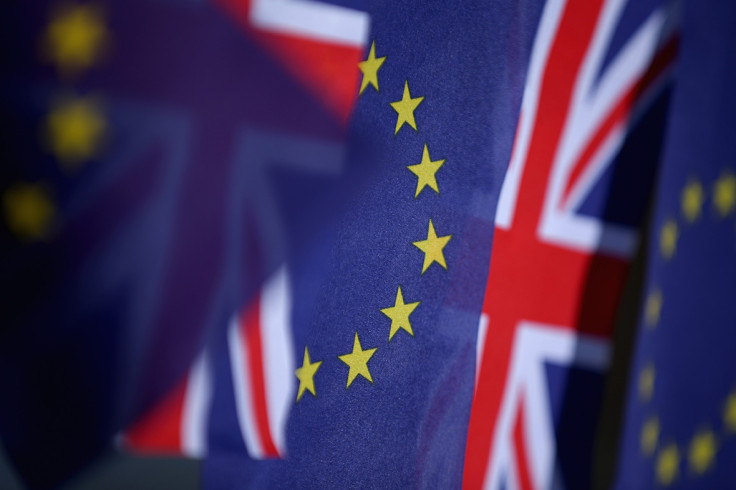EU referendum: Brexit would cost government £40bn and extend austerity by two years says IFS
The Brexit campaign has faced another economic-related blow after a top independent think tank warned that a split from the EU could reduce public finances by up to £40bn ($58bn) by 2020 and extend the government's austerity measures for another two years.
The damning Institute for Fiscal Studies (IFS) report follows the Bank of England's warning that a "leave" vote could trigger a recession after the 23 June ballot. The IFS acknowledged a Brexit could directly free up £8bn a year, helping public finances, but warned the overall impact would depend on the economic effects of the UK leaving the EU.
The research revealed a fall in national income of 0.6%, relative to what it otherwise would have been, would be enough to offset this direct effect.
Paul Johnson, IFS director and an author of the report, said: "Leaving the EU would most likely increase borrowing by between £20bn and £40bn in 2019–20.
"Getting to budget balance from there, as the government desires, would require an additional year or two of austerity at current rates of spending cuts.
"Or we could live with higher borrowing and debt. These are real costs, but they are costs we could choose to bear if it was felt that they – and other costs – were outweighed by advantages from Brexit in other realms."
Britain Stronger in Europe seized on the findings, claiming the economic debate had now been closed. "The IFS has made clear that leaving Europe would decimate our public services through spending cuts, and heap tax rises on working families," declared former Labour chancellor Alistair Darling.
"The IFS joins the OECD, the Treasury and the Bank of England in proving that Britain's economy is stronger in Europe and families' finances would be worse off outside.
"The leave campaigns now have zero economic credibility – their central claim has been savaged. There would be no saving if we left, only a huge cost, and it would be working families that would pay the price. Leaving is too big a risk to take."
But Vote Leave campaigner Andrea Leadsom claimed the IFS' report was based on "entirely negative" assumptions. "It's no wonder people are being turned off this debate given the continuous campaign to do down the British economy from EU-funded organisations," the energy minister argued.
"So many of these studies are based on entirely negative assumptions about our economy and the future decisions a UK government outside the EU would make, but ignore the pressing need of EU countries to continue trading with the UK.
"They also ignore the very real risk of what will happen if we vote 'In'; more money and power to a Brussels interested only in propping up an ailing eurozone."
The latest online opinion poll from ICM, of more than 2,000 people between 20 and 22 May, had leave and remain neck-and-neck on 45%, with 10% of respondents undecided.

© Copyright IBTimes 2025. All rights reserved.






















